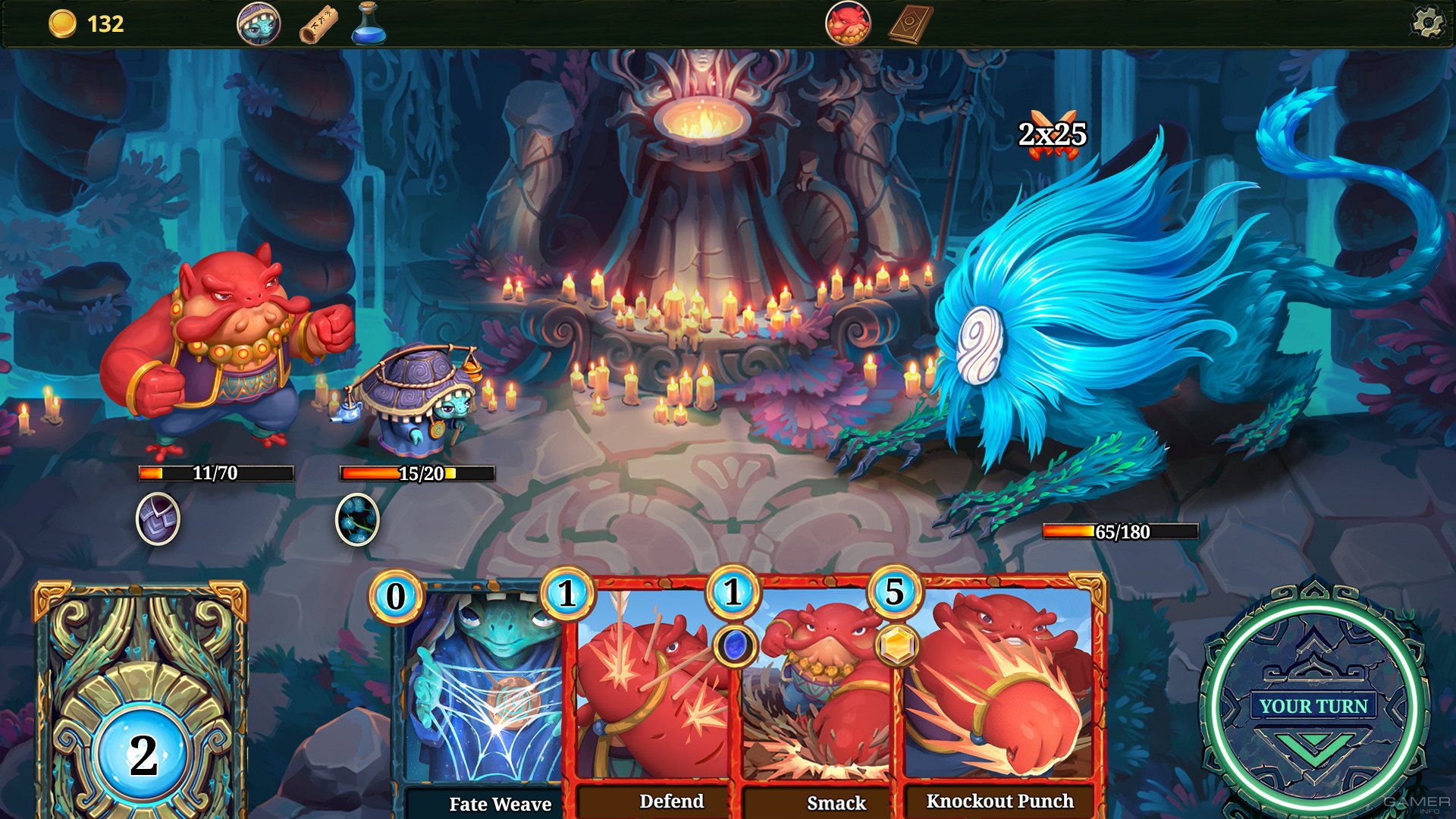

Situational awareness is paramount, so being able to see everyone around you confers an undeniable advantage compared to limiting your field of vision to your pathetic human eyeballs. The problem is that some of the sword blokes play in third-person, which is an objectively superior way of murdering. Chivalry 2 is an excellent game about being a big bloke with a sword on a big multiplayer medieval battlefield. They place you in a comfortably automatic mode of thinking where the comfort is dependent on you not clocking the extent to which you’re on autopilot, and knowing I’m playing non-optimally is enough to break the spell.Ī similar problem has reared its head in Chivalry 2, though here I have found a way of partially chopping that head off rather than running away like a bourgeois fae. Roguelike deckbuilders can be fantastic, don’t get me wrong, but playing the same one beyond a certain point feels like plugging yourself into a flowchart. I think part of the dilemma lies in how I’ve instinctively framed the problem: climbing up ranks in Spire-likes does often feel like a task, and this highlights its nature as a self-inflicted one I can choose to step away from. Picking different modifiers really shouldn’t be such a big deal, but it would mean making a hard task even harder, and I can’t bring myself to do that. I can hear you screaming at me to just get over myself. A system that was meant to inject variety actually railroaded me into repetitive non-fights that led to me quitting completely. I still felt compelled to beat up fairies for several runs in a row, though, because it was so lucrative. Using it means you’ve got to spend a good chunk of every game hunting down the rich and wailing on ‘em before they can flee, just mindlessly lining up your highest damage cards. If you’re trying to climb up the ranks while giving yourself the best possible chance at victory, it’s a no-brainer. The one that’s broken me hikes up shop prices by 60%, but more than makes up for it by spawning those aforementioned obscenely wealthy fairies. There’s one that fiddles with a core way of exploring each map, and another that turns the backmost goon in every fight into a stealthy bastard you can’t attack. Roguebook’s modifiers tend to twist the game into more varied shapes than either the Spire’s or the Train’s, forcing you to mix up your strategies and take different approaches. "I felt compelled to beat up fairies for several runs in a row, though, because it was so lucrative." You unlock more modifiers each time you beat the game, over and over again until you reach the very biggest difficulty number, which is when you get to pat yourself on the back and question your life choices.
ROGUEBOOK HUNTING CARDS HOW TO
They’re similar to Slay The Spire’s Ascension ranks or Monster Train’s Covenant ranks, except cleverer because you get some say in how to make life harder for yourself.


After your first win, you start climbing up difficulty levels. Min-maxing is just one example of the broader phenomenon, though, where the optimal way to play isn’t necessarily the best way to have fun, but nevertheless proves irresistible.

You wind up sacrificing novelty for efficiency, levelling up your spinning hammer attack until every NPC looks like a nail. We’re in the same conceptual territory as min-maxing, where you turn your RPG character into a boringly-good damage dealer who can evaporate anyone they look at, but never uses that interesting-but-suboptimal polymorph spell.


 0 kommentar(er)
0 kommentar(er)
